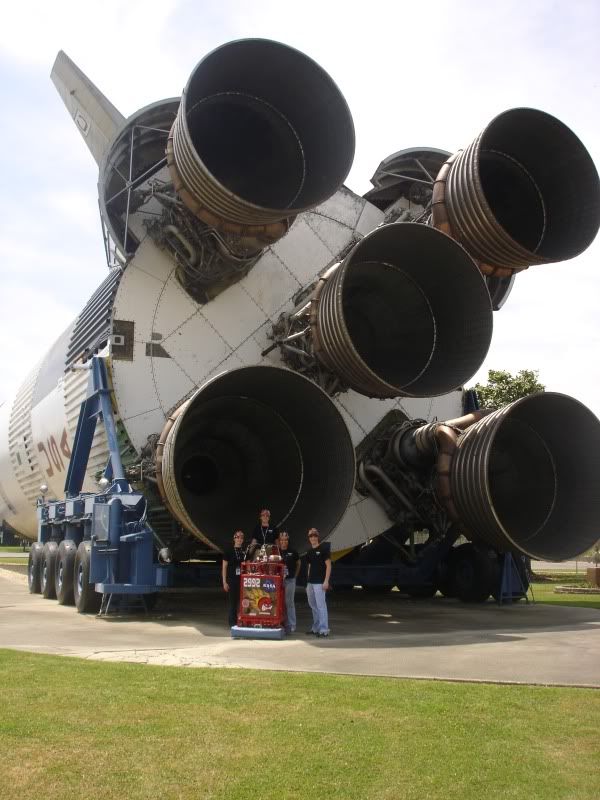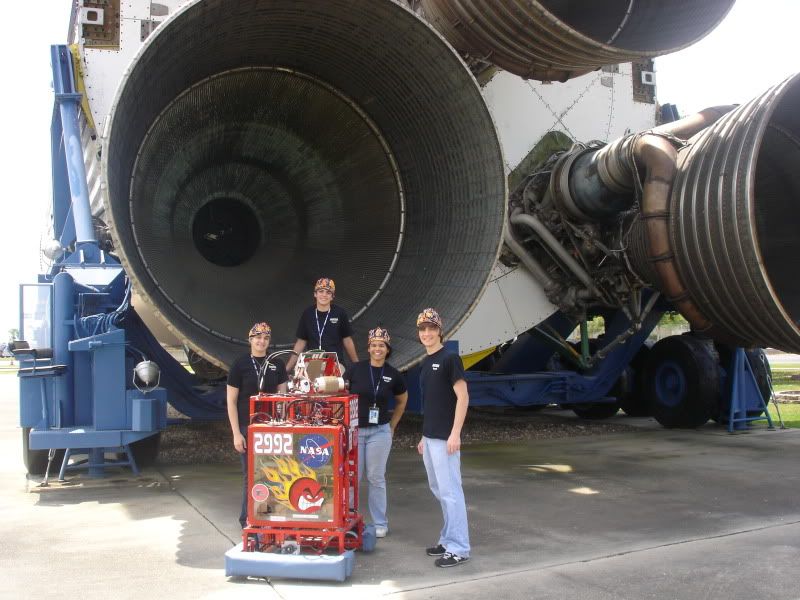Re: Propane conversion
QC said:
NO! ^^^^^ Will discuss/debate anytime

Hydrogen, the fuel of the future, and it always will be.
Ok, I'll bite!
I work with hydrogen as a fuel every day! We've been using hydrogen as a primary fuel for over 50 years. The Saturn (Apollo moon rocket) rocket 2nd stage and the Space Shuttle both use hydrogen as fuel. Hard to get anything better when you're looking for maximum performance. Last cost estimate I heard was in the neighborhood of $50,000 per pound to get something into orbit. So paying a little more (ok, ok, a LOT more!) for maximum performance to avoid having to lift extra weight MAY be worth it depending upon what you're trying to achieve.
The gauge for rating the efficiency of rocket propellants is
specific impulse, stated in seconds. Specific impulse indicates how many pounds of thrust are obtained by the consumption of one pound of propellant in one second. Every fuel/oxidizer combination (gas/air, etc) is simply a chemical reaction. The amount of energy you can obtain is limited by the amount of energy you can release by breaking chemical bonds. LH2 (liquid hydrogen) as a fuel with LOX (liquid oxygen) as an oxidizer has a specific impulse of 381 seconds. About the only thing higher is LH2 and liquid flourine at 400 seconds, but it's hypergolic (spontaneously combusts) and is some real nasty stuff. Every other combination of fuels and oxidizers is generally in the range of high 200's for specific impulse. So LH2/LOX is about 33% better in performance.
I don't think there's any question that hydrogen as a fuel is here to stay in the rocket industry (big $$$$$). Now if we want to get more specific and talk about the boating or automotive fields (which I knew you were talking about, QC

), I would agree that the cost/benefit ratio heads in the wrong direction!
As a side note, I was extremely disappointed with how quiet my big block was with the thru-hulls on it. You could barely hear it across the lake (Lake Pontchartrain, about 35 miles across at the narrowest) and it only disturbed people within a couple of hundred yards. So I installed a killer stereo system to play recordings of rocket motors, now I can bother people miles away!
Pic below is this year's high school robot team behind the Saturn 5 (moon rocket) lower stage on display at Michoud Assembly Facility in New Orleans, where I work. The kid in the middle is sitting on the edge of one of the nozzles. You can imagine what it costs to feed something like this!





















